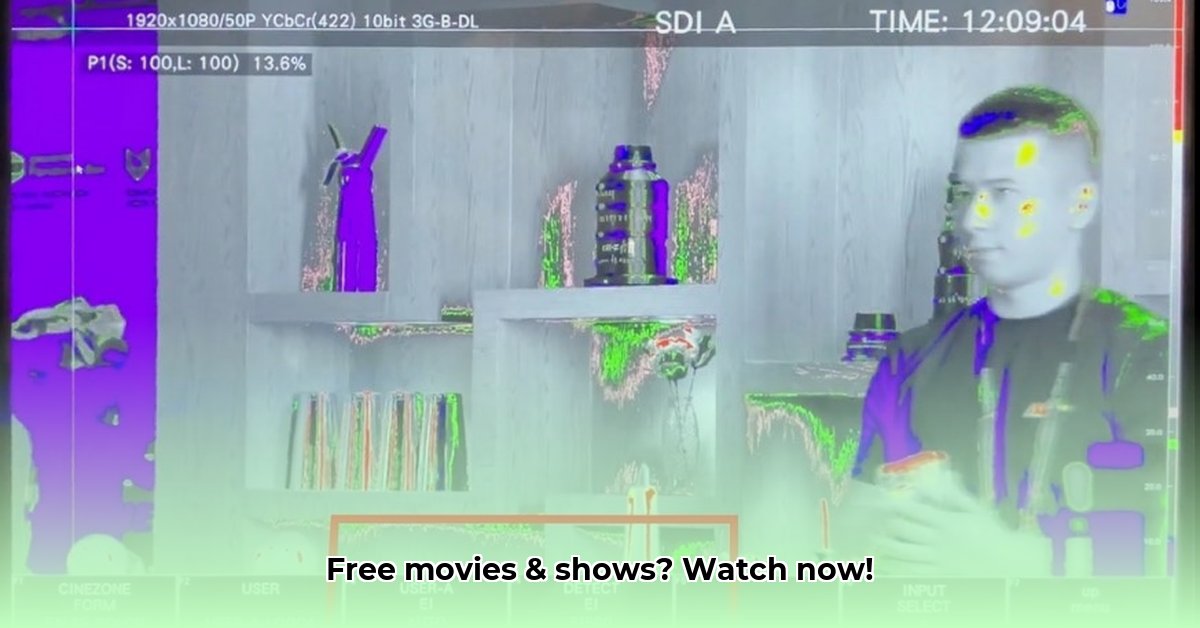
A critical analysis of CineZone reveals a vast library of movies and TV shows, but raises serious concerns about its legal compliance and user safety.
CineZone offers a seemingly extensive catalog of movies and TV shows, all accessible for free. This immediately raises questions about the platform's legality and long-term sustainability. While users report a user-friendly interface, the lack of transparency regarding licensing and data practices poses significant risks. For more information on similar platforms, check out this site.
A Massive Library, Questionable Legality
CineZone boasts a large selection of content, spanning various genres and including both classic and contemporary films and television shows. However, the platform conspicuously fails to disclose licensing information. This omission raises serious concerns about potential copyright infringement, placing both CineZone and its users at risk of legal repercussions. Several users noted the extensive catalog, stating, “The sheer volume of content was impressive, but the lack of details on licensing is worrying.” This absence of transparency suggests a significant legal gray area.
User Experience Versus Legal Risks
User feedback indicates a generally intuitive and user-friendly interface. Features such as personalized recommendations and custom playlists contribute to a positive user experience. However, this positive user experience is overshadowed by the substantial legal risks associated with accessing copyrighted content without proper licensing. The convenience of use does not negate the potential penalties for copyright infringement.
Data Privacy and Security Concerns
CineZone's lack of a detailed privacy policy warrants concern. While the platform claims to employ strong encryption, the specifics of data handling and retention practices remain unclear. This lack of transparency leaves users vulnerable to potential privacy violations and security breaches. The absence of a comprehensive privacy policy raises serious questions about data security. How does CineZone use my personal information and protect it from misuse?
Financial Sustainability and Long-Term Viability
The platform's ability to provide such a vast library of content for free requires scrutiny. The absence of substantial advertising revenue or subscription fees raises serious questions regarding CineZone's financial sustainability and long-term viability. "How can CineZone afford to offer so much content for free without any apparent revenue streams?" This model is unsustainable in the long term unless some sort of revenue is generated through undisclosed means.
Actionable Steps and Mitigation Strategies
Addressing the concerns surrounding CineZone requires a multi-faceted approach:
For CineZone Users: Exercise extreme caution. Be aware of the potential legal risks associated with accessing copyrighted content without proper licensing. Consider the use of a VPN (Virtual Private Network), but understand that this does not eliminate the risks but can help mitigate them.
For Law Enforcement Agencies: Investigate potential copyright infringements reported and actively monitor CineZone for illegal content. Enforce relevant copyright laws and regulations.
For Content Creators/Owners: Monitor CineZone's activity for unauthorized use of copyrighted material and pursue legal action as needed. This includes reporting instances of copyright infringement to the appropriate authorities.
Key Findings:
- CineZone's massive content library lacks transparency regarding licensing agreements, raising serious concerns about copyright infringement.
- The platform's vague privacy policy increases risk to users' personal data and online security.
- The free model raises questions about sustainability and financial viability.
The convenience of free access to a large entertainment library must be weighed against the significant legal, ethical, and security risks involved. Further investigation is needed to fully assess the implications. Users and authorities should take appropriate steps to mitigate the potential negative consequences.